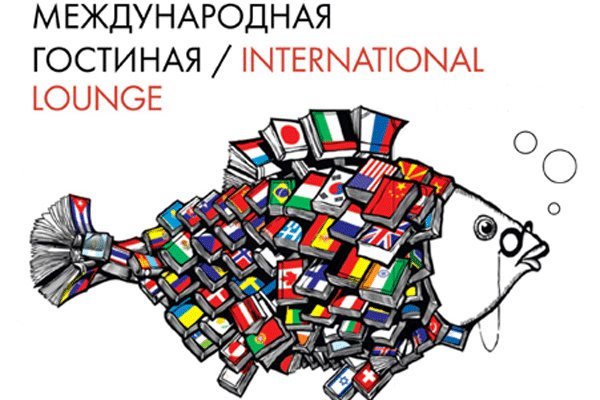Iran’s Day observed at Moscow Book Fair

TEHRAN -- The Iran Cultural Fairs Institute (ICFI) organized the celebration of Iran’s Day at the 29th Moscow International Book Fair on Saturday, the fourth day of the fair.
Iranian and cultural officials including the general director of the Moscow International Book Fair, Sergey V. Kaykin, and Iran Cultural Fairs Institute Director Amir-Masud Shahramnia were among the attendees at the ceremony.
Speaking at the ceremony, Shahramnia pointed to the cultural interactions between Iran and Russia and said that the Iranian Ministry of Culture and Islamic Guidance has begun a new project to support the translation of literary works of the two countries, ICFI has published in a press release.
In his brief speech Sergey V. Kaykin also expressed satisfaction that there has been good relations between the book fairs of Iran and Moscow during the past two years.
Russia was the guest of honor at the 29th Tehran International Book Fair in May 2016, while Iran was the guest of honor at the 28th Moscow International Book Fair in 2015.
The ceremony was followed by a short speech delivered by the writer of the book “Our Iran”, Ahmad Kahtami, who is also the dean of the Department of Persian Language and Literature of Tehran’s Shahid Beheshti University.
A Russian version of “Our Iran”, which is about Iranian art and cultural heritage, the book has been published by the Moscow-based Sadra Publications.
He said that the book was written to help boost bilateral cultural relations, while it also tries to introduce Iran’s tourist attractions and cultural heritage in the best way possible.
“Our Iran” also contains material about Persian literature, various types of Persian art, and cinema and theater in Iran.
The 29th Moscow International Book Fair ran from September 7 to 11.
A Russian version of a collection of ten books by Iranian authors was displayed at the fair. They included four books from Seyyed Mehdi Shojaei’s series for children “Philosophy for Children”, and works from Persian classical literature, including Sadi’s “Bustan” and “Gulistan”, and Rumi’s “Masnavi-ye Manavi”.
RM/YAW
Leave a Comment